
Recommendation
Whether you trust someone or are trustworthy is subjective, but four objective qualities can identify people or organizations as being worthy of trust: their competence, consistency, empathy and lack of hypocrisy – how well their actions match their words. In this video, Oxford lecturer Rachel Botsman offers audience polls, film and a live experiment that present trust as currency. This monetization of trust explains why some companies may be profitable now, but face the danger that future customers won’t trust them enough to purchase or accept their product innovations.
Summary
About the Speaker
Oxford University lecturer Rachel Botsman studies personal and corporate ideas of trust. Wired magazine named her recent book, Who Can You Trust? one of the best books of the year.








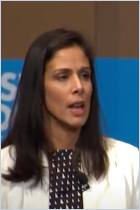
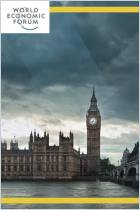
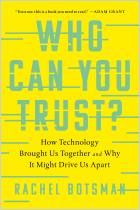

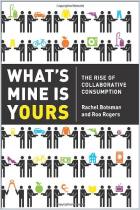
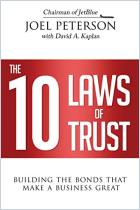
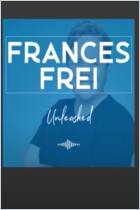
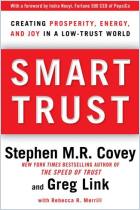
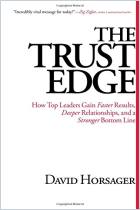
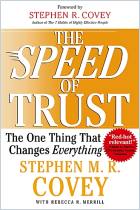
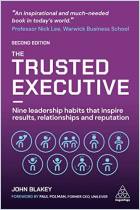






Comment on this summary